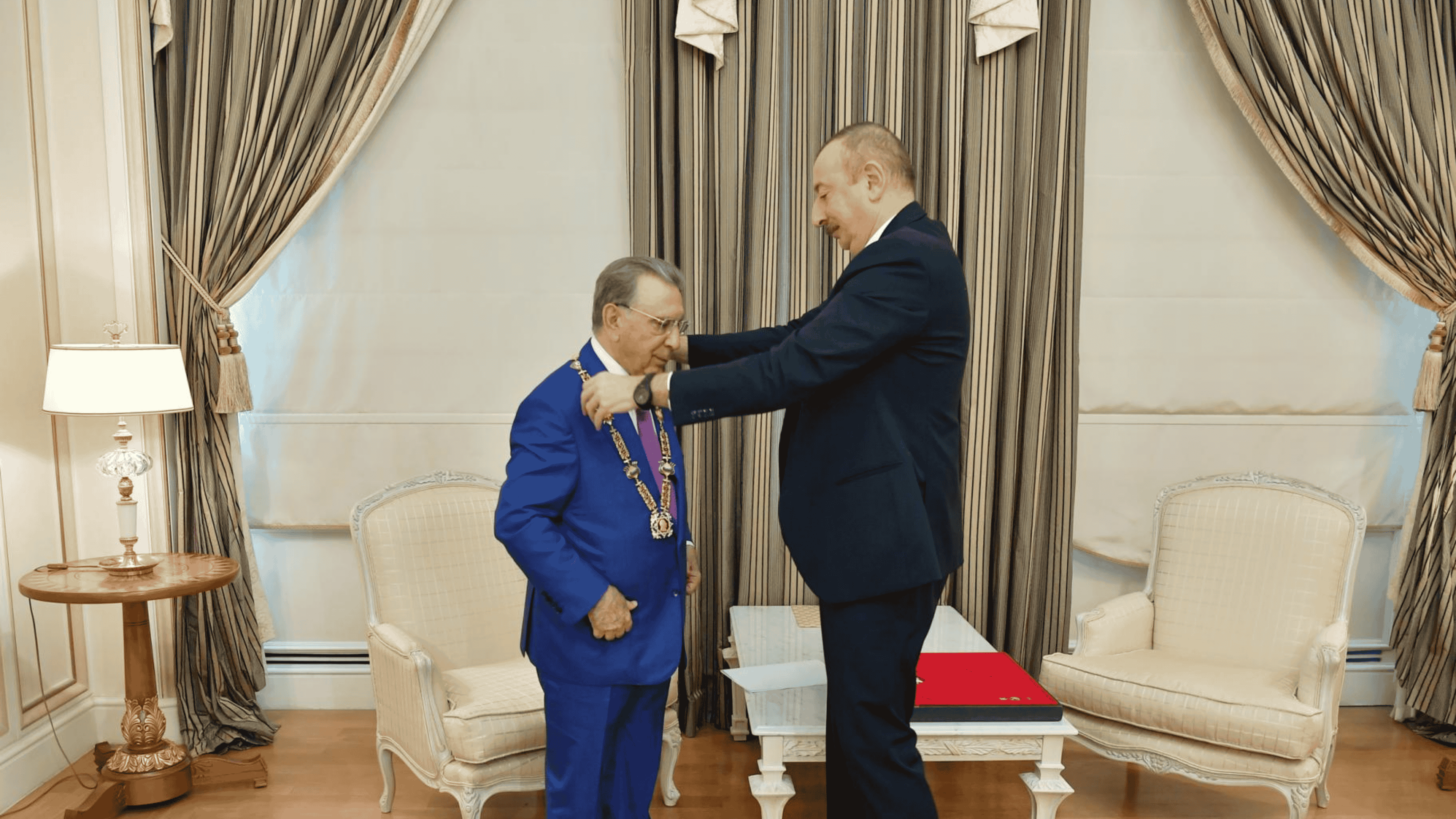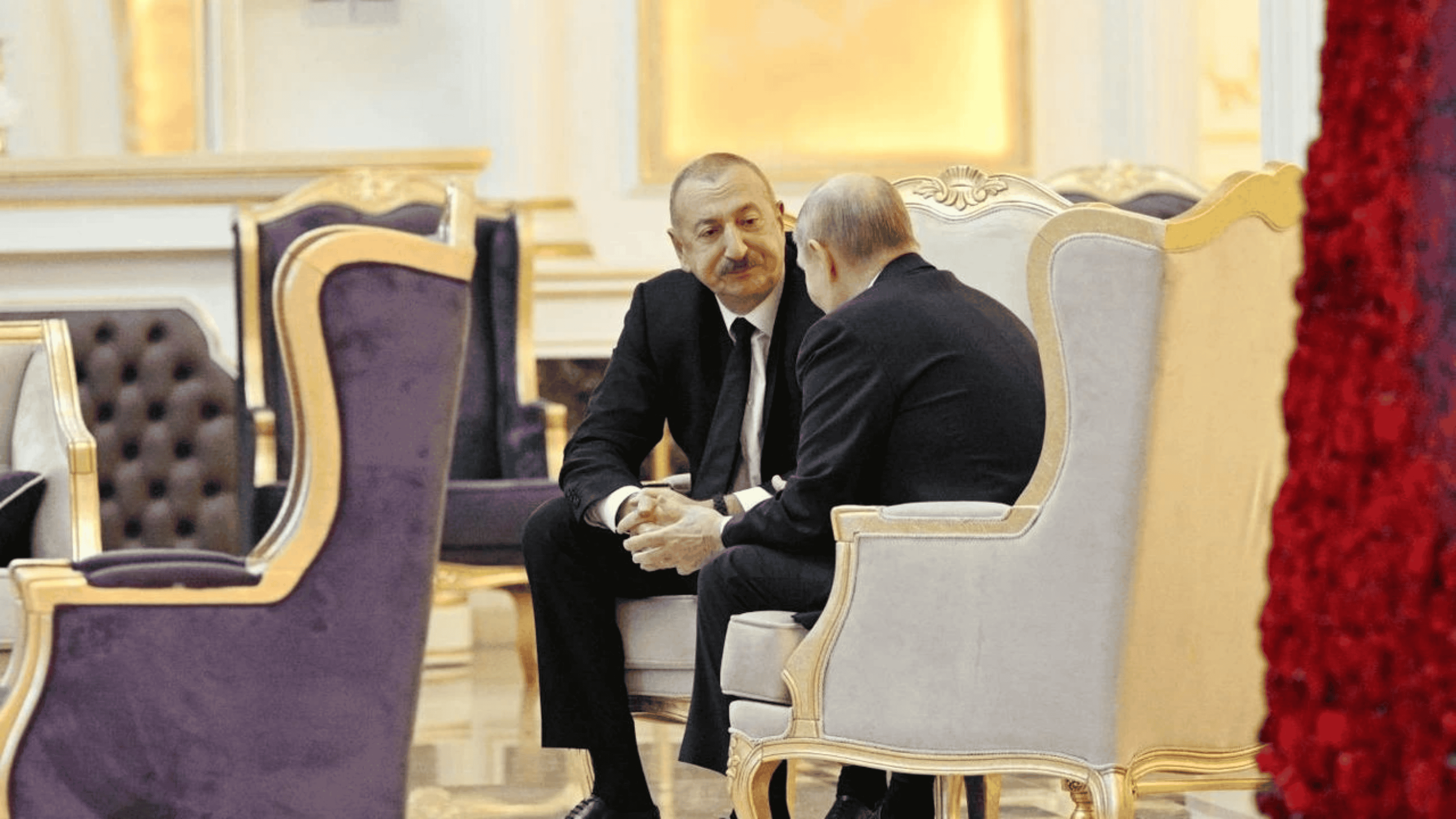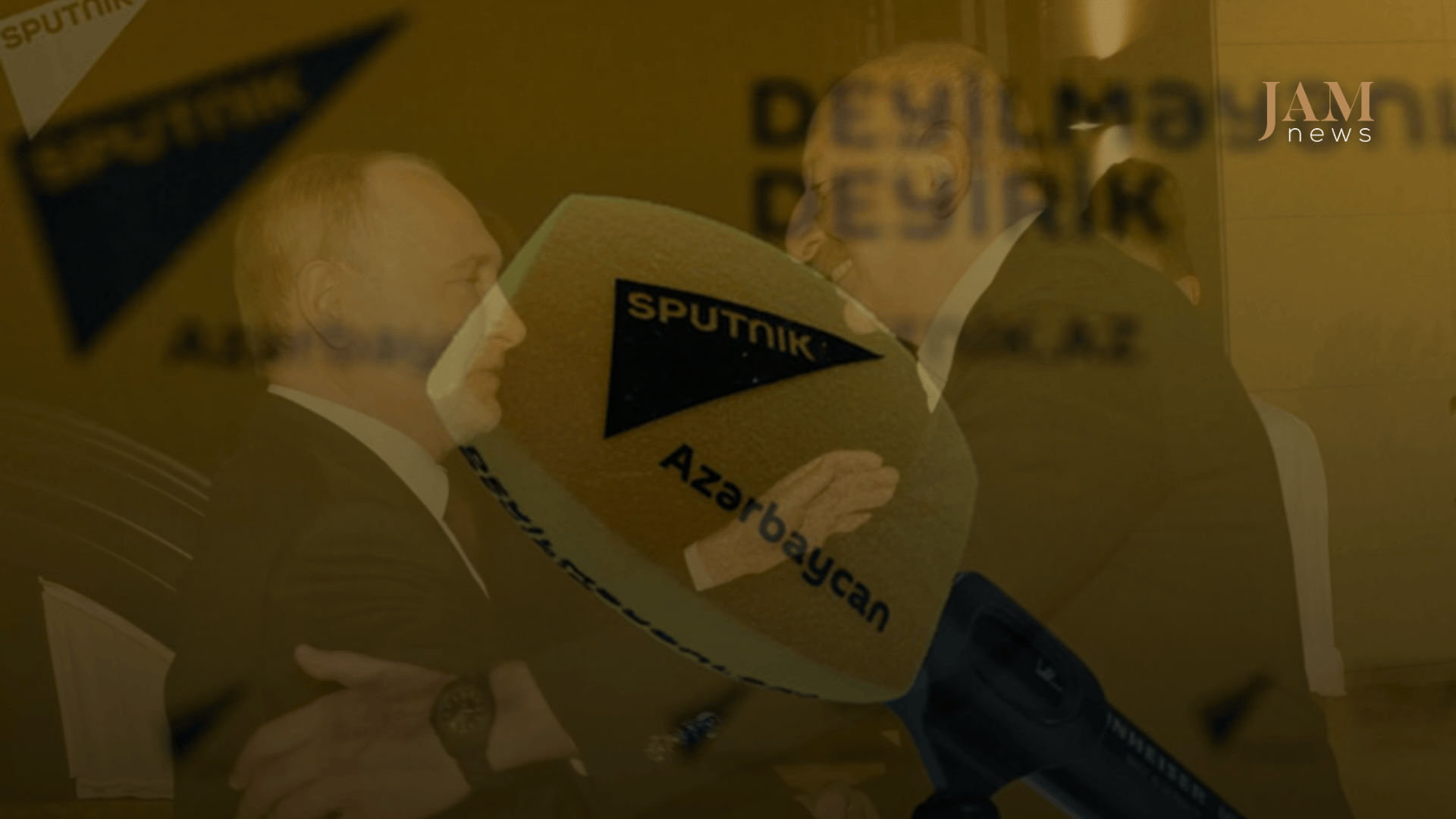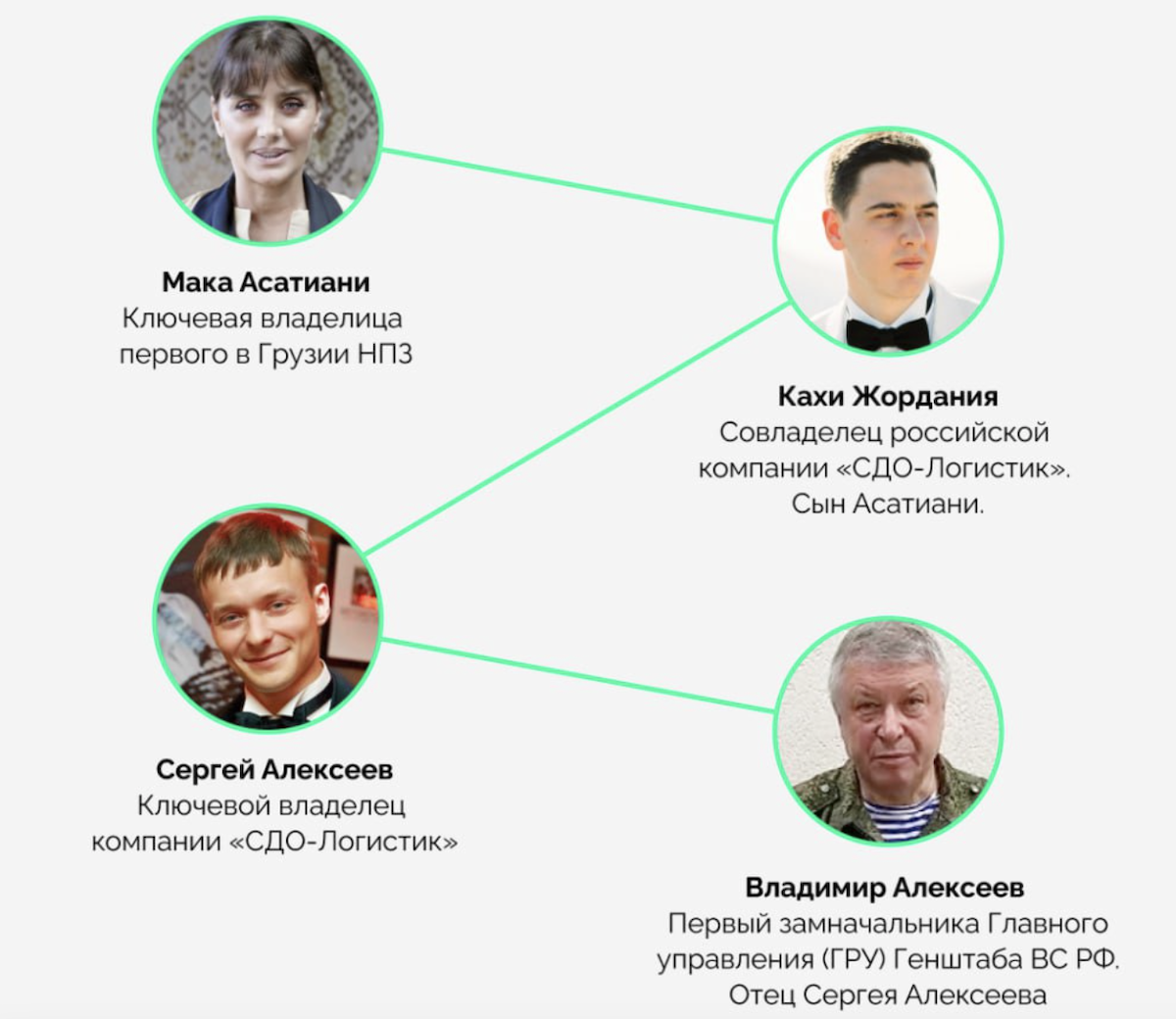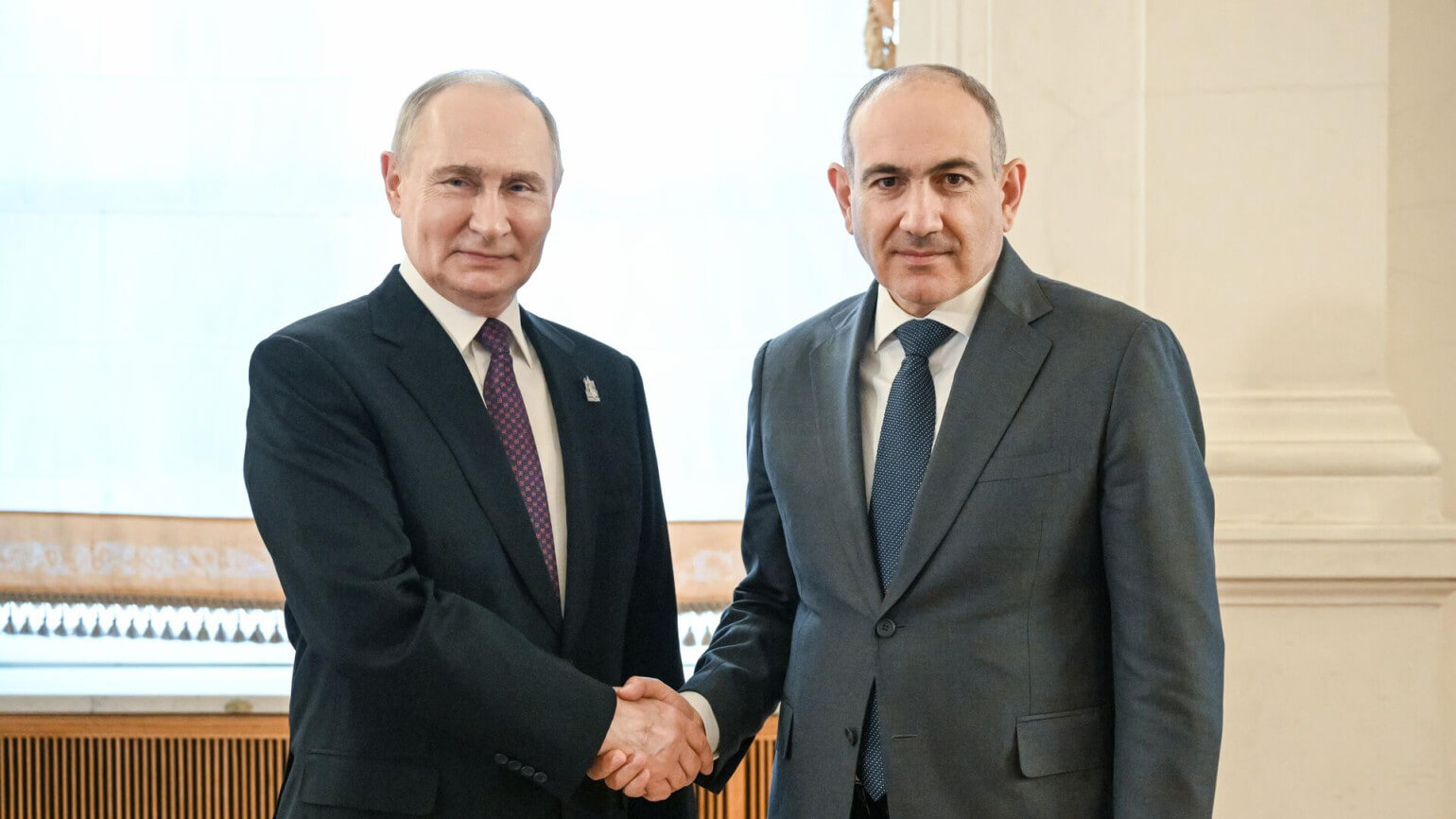Collapse of old elite? How Ramiz Mehtiev’s arrest is changing Azerbaijan
Ramiz Mehtiev’s arrest
The arrest of Ramiz Mehtiev over an alleged coup attempt is more than the detention of an elderly ex-official. Observers see it as a key signal of a profound shift in Azerbaijan’s domestic political structure, as well as in the long-standing ties between Baku and Moscow.
An 87-year-old former head of the Presidential Administration and one of the country’s longest-serving political figures, Mehtiev faces criminal charges including “attempts to seize state power,” “treason,” and “legalisation of property obtained by criminal means.” The court placed him under four months of house arrest.
While authorities officially frame Mehtiev’s arrest as a move to prevent a coup, analysts suggest it may also carry hidden political motives.
This article examines the reasons behind Mehtiev’s detention and explores how it could reshape Azerbaijan’s internal political balance and its relationship with Russia.
The terms, place names, and opinions used in this JAMnews article reflect solely the views of the author or the specific community and do not necessarily represent the position of JAMnews or its staff.
Why was Ramiz Mehtiev arrested?
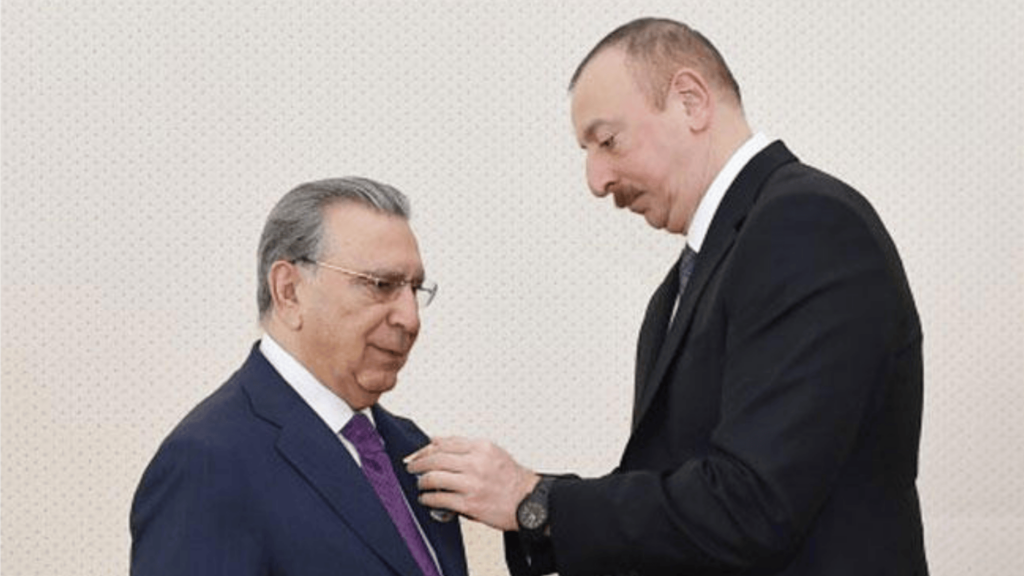
According to media reports, Ramiz Mehtiev has been charged under three articles of Azerbaijan’s Criminal Code:
- Actions aimed at seizing state power (Art. 278.1) – accused of attempting a coup.
- State treason (Art. 274) – accused of acting in the interests of a foreign state against Azerbaijan’s national interests.
- Legalisation of property obtained by criminal means (Art. 193-1.3.2) – accused of laundering assets acquired illegally while in public office.
On 14 October, the Baku Sabail District Court approved the prosecution’s request and, considering Mehtiev’s age, ordered him to remain under house arrest during the investigation rather than in prison. Under Azerbaijani law, even if found guilty, the 87-year-old cannot face life imprisonment.
The essence of the charges, according to the pro-government agency APA, is that earlier this year, amid a deterioration in Azerbaijan–Russia relations, Mehtiev allegedly prepared a coup plan with Russian support and passed it to Moscow through his channels.
The plan reportedly involved the forcible removal of the government and the creation of a transitional governing body in the form of a State Council, which Mehtiev himself would head. He is also said to have provided the Russian side with a list of potential members for this temporary body.
Reports suggest that Russian authorities initially showed some interest in his proposal but later concluded that the chances of success were minimal. On 9 October, at a closed meeting in Dushanbe, Russian President Vladimir Putin reportedly informed Azerbaijani President Ilham Aliyev about Mehtiev’s proposed coup plan.
Following this warning, Mehtiev was detained in Baku for several days, and a criminal case was opened against him. Mehtiev and his family have not made public statements regarding the charges, and his lawyers have declined to comment.
Date of the event and possible motives
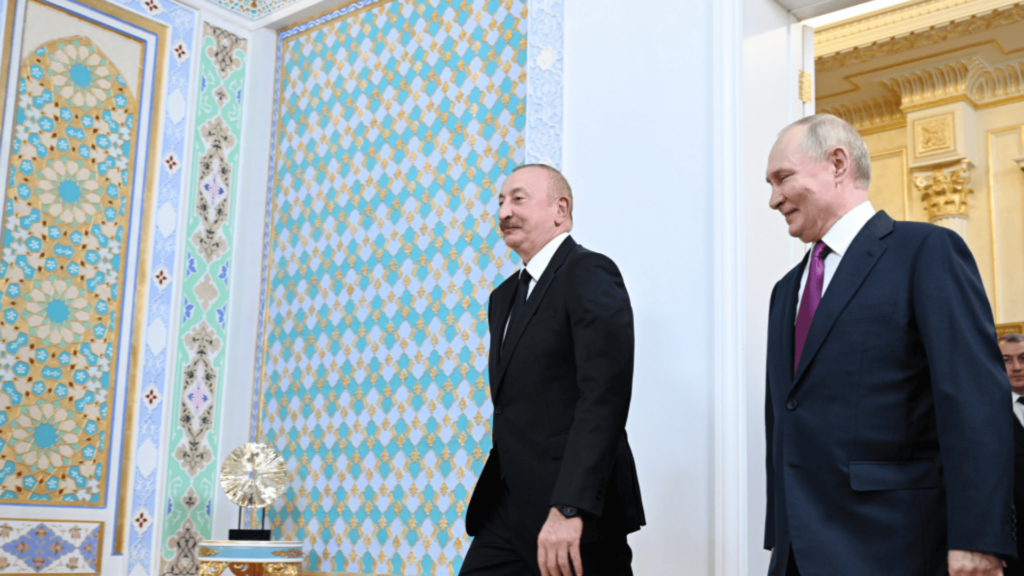
Despite Ramiz Mehtiev having been at the pinnacle of power for decades, such serious charges were brought against him only now, which in itself draws attention. The timing also appears significant: his arrest followed immediately after a key meeting between Ilham Aliyev and Vladimir Putin in Dushanbe. That meeting aimed to ease tensions that had built up between the two countries over the past year.
The crisis in Azerbaijan–Russia relations intensified after an Azerbaijani passenger plane bound for Grozny was shot down in December 2024, killing 38 people. Moscow’s prolonged lack of apology and refusal to pay compensation sparked strong dissatisfaction in Baku. It was only in October of this year, during the Dushanbe meeting, that Putin expressed condolences and confirmed compensation for the victims’ families. The two sides attempted to open a “new chapter” in their relations.
Immediately following this conciliatory gesture, reports emerged in Azerbaijan about a “Russian-backed coup attempt,” which has been interpreted in two ways.
One view suggests the charges against Mehtiev indicate a genuine attempt by the Kremlin to intervene and remove Aliyev — in other words, that a coup scenario was considered in Russia but ultimately prevented. Another interpretation posits the opposite: that Putin, making a friendly gesture, merely warned Aliyev of a potential threat, thereby reinforcing his position.
On the surface, the disclosure of this information after the strategic meeting may appear as a sign of trust between the two countries. Yet some experts argue that it carries a hidden message: “If you act against Moscow’s interests, even your closest ally can turn traitor.” Through the Mehtiev episode, Russia signaled to Aliyev that stepping too far out of line could have consequences, but staying within bounds would leave his power intact.
Another key dimension of this timing relates to Azerbaijan’s internal political dynamics. Observers note that Mehtiev’s arrest cannot be explained solely by Russian factors. In recent years, Aliyev has carried out significant reforms and purges within his inner circle, reshaping the ruling elite.
This process was particularly intense in 2019–2020, when several senior officials from the old guard were removed and replaced with younger technocrats. Mehtiev himself was formally retired from his position as head of the Presidential Administration in 2019 and appointed to a specially created post at the Academy of Sciences, effectively entering a “honorary retirement.”
However, in authoritarian systems, even former influential officials are viewed as potential threats. From a power-maintenance perspective, even an octogenarian veteran may retain informal influence and therefore needs to be monitored and neutralised if necessary. Mehtiev’s connections in Russia and his network of domestic supporters likely contributed to him becoming a “next target.”
The likely motive appears to be Aliyev’s desire to consolidate his power base and eliminate any independent centres of influence with direct links to Moscow.
The information campaign against Mehtiev began long before his arrest. In February, state-affiliated media reported that he had allegedly held “private meetings” with Russian intelligence officials and led a “pro-Russian fifth column” within the government. Other former high-ranking officials were said to be involved.
Although these claims were clearly exaggerated, their publication in official media indicated that Mehtiev’s removal was planned in advance. The current charges of plotting a coup merely “formalise” the pre-existing narrative.
Possible shifts in domestic political balance
The arrest of Ramiz Mehtiev is set to significantly alter the balance of power within Azerbaijan. For decades, Mehtiev was regarded as the “grey cardinal” of the political system, its ideological architect.
From the mid-1990s until 2019, he led the Presidential Administration, exerting direct influence over personnel decisions and key political choices. Particularly after Heydar Aliyev’s death, during Ilham Aliyev’s presidency, Mehtiev symbolised continuity and stability of power.
Thanks to Mehtiev’s guidance, Ilham Aliyev strengthened his position as his father’s successor. Now, with Mehtiev accused of treason and placed under house arrest, the balance of influence around the ruling family shifts.
In recent years, Aliyev has accelerated the rise of a new generation within the political elite. On one side, the influence of the wealthy Pashayev clan, represented by First Vice-President and First Lady Mehriban Aliyeva, has expanded, consolidating control over state structures and the economy. On the other, senior members of the Nakhchivan clan, inherited from Heydar Aliyev’s era, are gradually being sidelined.
Mehtiev was a key figure in this older Nakhchivan faction. Observers suggest that other high-ranking veterans from this circle could also come under scrutiny. State-aligned media have already labelled some of Mehtiev’s former associates as participants in a “pro-Russian network” and hinted at potential new arrests.
Aliyev appears determined to eliminate former allies who once helped him rise to power and who hold extensive informal knowledge of behind-the-scenes processes.
The move also fits a wider campaign against the old elite, many of whom amassed significant wealth over decades in power. Pro-government outlets now allege that Mehtiev and others acquired property illegally, potentially paving the way for asset confiscation and transfer to more loyal members of the new elite.
In parallel, pro-regime media have called for a ban on dormant opposition parties, including the People’s Front and Musavat, portraying these groups as internal threats to national interests.
With Mehtiev’s removal, the political balance decisively shifts in favour of the current ruling team. The residual influence of the former elite, previously exercised behind the scenes, is being eliminated. Mehtiev, once a symbol of regime stability, now serves as a tool in the consolidation of both domestic and foreign policy control. This marks a new phase in Azerbaijan’s political life—one characterised by rigid authoritarian centralisation and a generational transfer of power.
How should this arrest be assessed in the context of Russia–Azerbaijan relations?
The arrest of Ramiz Mehtiev is not just a matter of domestic politics; it also reflects the delicate balance in Baku–Moscow relations. In the past, Mehtiev was known for particularly close ties with Russian political circles. As an official whose career began in the Soviet era, he established connections with influential members of the Russian elite, including the Secretary of the Security Council of Russia, Nikolai Patrushev.
He held positions in Russian academic institutions, received high Russian state honors, and regularly participated in events related to Russia. According to observers, for many years Mehtiev helped promote “Moscow-loyal” personnel in Azerbaijan, appointing them to key positions. In public and political perception, his “pro-Russian image” had long been established.
The accusation that Mehtiev plotted a coup with Russian involvement creates an interesting scenario for bilateral relations. On one hand, official Baku seems to signal: “We do not tolerate any internal betrayal in favor of Moscow,” asserting that authorities have identified and prevented a Kremlin attempt to influence leadership change. This sends a clear message to the domestic audience and demonstrates Azerbaijan’s sovereignty.
On the other hand, questions remain about Moscow’s role. If Mehtiev did indeed expect Russian support, it means the Kremlin initially considered the scenario and later decided against it. By informing Aliyev of Mehtiev’s plan, Putin outwardly extended a gesture of alliance, while simultaneously demonstrating a deep awareness of Azerbaijan’s internal power dynamics.
This may serve as a signal to Baku that Russia continues to monitor events closely and retains the ability to influence internal power arrangements.
After the incident, the Kremlin has officially refrained from major comments. Russian officials traditionally describe such matters as “internal affairs of Azerbaijan.” However, the tone in Russian media and among experts varies noticeably.
Some commentators view Mehtiev’s arrest as a result of Baku moving closer to the West and Turkey, suggesting Azerbaijan is removing “pro-Russian cadres” and shifting its geopolitical orientation. Others interpret it as evidence of a mutual understanding between Putin and Aliyev, signaling support from the Russian leader for the Azerbaijani president. Both interpretations have some merit, and the Kremlin’s true stance will likely become clearer over time.
The Mehtiev episode shows that, despite apparent warming ties between Moscow and Baku, deep mutual distrust persists. Aliyev, on one hand, tries to maintain a cordial tone with Russia, expressing gratitude to Putin and participating in joint economic projects. On the other, he demonstrates that even individuals traditionally considered “Moscow’s friends” within Azerbaijan are not fully trusted.
This arrest may also send a signal to other countries in the region. In Armenia, for instance, in 2023–2024, amid distancing from Russia, there were frequent discussions about possible pressure from pro-Russian forces. The Pashinyan government repeatedly warned of “subversive attempts” by such structures.
The Mehtiev case shows that informal influence channels cultivated by Russia for years in the South Caucasus are now viewed as a risk. While Aliyev’s government remains a strategic partner for Moscow, it is ready to remove even those considered reliable intermediaries with the Kremlin.
In response, Russia, seeking to maintain relations with Azerbaijan, appears to be adapting to this new reality. Putin’s warning about the potential coup reflects precisely this recalibration.
Ramiz Mehtiev’s arrest










